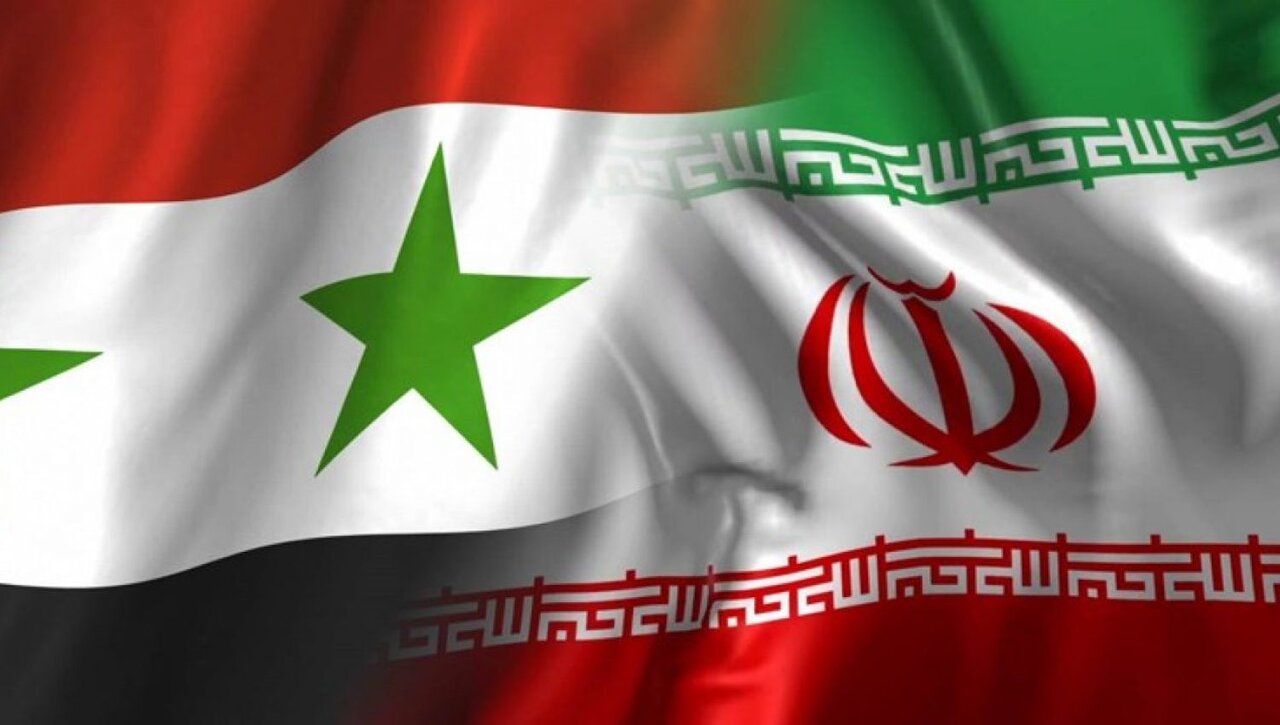Why does Iran firmly support Syria
Why does Iran firmly support Syria?
TEHRAN – The visit of Syria's Foreign Minister to Iran, following trips to Damascus by the Leader of the Islamic Revolution’s senior advisor and Iran’s Minister of Defense within the span of a week, carries significant messages regarding bilateral, regional, and international relations.

In recent days, Israel has issued threats against Syria through various channels, even raising the possibility of assassinating Syrian President Bashar al-Assad. The Israeli regime’s demand from Syria is to refrain from cooperating with the Resistance Axis and from transferring weapons to Hezbollah in Lebanon.
In response to these threats, Ali Larijani, the Leader’s senior advisor, traveled to Damascus and Lebanon with a message of Iran’s firm support for the territorial integrity, people, and governments of Syria and Lebanon.
Iran views Israel’s aggressive attacks on Lebanon and Syria as part of an American-Zionist war against the Islamic nations of the region, even though Washington and Tel Aviv attempt to portray this conflict solely as a war against the Resistance Axis. It is evident, however, that the Resistance Axis stands as a staunch barrier to the imperialist plans of the U.S. and Israel in West Asia. Moreover, if the Resistance Axis is undermined, the next step would be the weakening and fragmentation of other regional countries.
Within the Resistance Axis framework, a critical point of note is that if the American-Zionist plan achieves its goals in Syria, its next targets will be the sovereignty and unity of Iraq, Lebanon, and specifically Iran. From Iran’s perspective, therefore, supporting Syria equates to defending the security of Islamic nations—a responsibility that all Islamic and Arab countries should embrace. Tehran's support for Damascus also constitutes a defense of Iran’s territorial integrity, executed beyond its borders.
The war in Syria has not been, nor will it be, an easy endeavor for the American-Israeli alliance. Since 2011, this alliance, alongside various terrorist groups and with the logistical, financial, and human support of certain hostile regional states, has waged a comprehensive war to collapse Syria’s political system and seize control of the country. However, the eventual defeat of the terrorist group ISIS dampened the flames of this conflict, although the war persists.
It appears that the U.S. and Israel are well aware that escalating the war in Syria could provoke regional and global reactions. Therefore, they aim to achieve their objectives of neutralizing Syria through threats and intimidation, and in the subsequent phase, pursue their longstanding hostile plans in Syria after dismantling Tehran-Damascus relations. Bashar al-Assad and Damascus, however, through extensive engagement with Iran, have demonstrated awareness of this American-Israeli agenda.
Furthermore, Syria’s strategic position is so critical that the Iranian-Syrian alliance has the potential to seriously jeopardize Israel’s security in the occupied territories. Concurrently, the transformation of this conflict into a battle for regional and international power balance alarms Washington. Such a war could drag the U.S. into a full-scale regional conflict, leading to dire consequences for both the U.S. and its Zionist ally.
This serious threat was one of the primary reasons behind the U.S. government’s retreat from attacking Syria in 2013. Washington still operates under the calculation that the Syrian front is of immense strategic importance and that the U.S. must limit itself to a war of attrition in this region to pursue its aggressive and long-term objectives.
source: tehrantimes.com